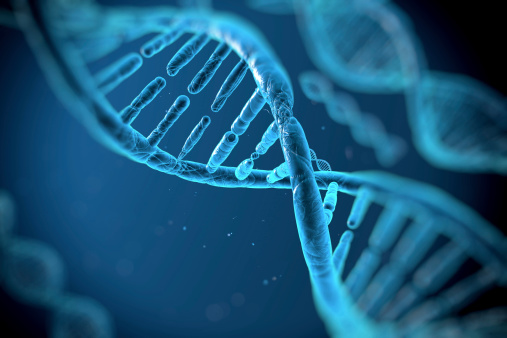 New research suggests that a diabetic’s genetic framework can influence how their body responds to different drugs. These natural variances in DNA, albeit small, can determine the effectiveness of drugs to treat diabetes.
New research suggests that a diabetic’s genetic framework can influence how their body responds to different drugs. These natural variances in DNA, albeit small, can determine the effectiveness of drugs to treat diabetes.
The study, published in the latest issue of the journal Cell, focused specifically on the fat molecule PPAR-gamma and thiazolidinediones (TZDs)—a class of medications that target these molecules and are used to treat diabetes. PPAR-gamma’s role is to activate specific genes in the fat cells by binding to DNA, which results in fat storage and altered hormone levels. Diabetes drugs in the TZDs category target PPAR-gamma molecules to help boost a patient’s insulin response, thereby treating the diabetes.
Study researchers discovered that natural differences in the genes—specifically in the “dark matter” of the genome (the complete DNA set with all of the genes) that doesn’t contribute to making proteins—influenced the function of both PPAR-gamma molecules and TZDs. The findings were first observed in mice, and then in human fat tissue obtained from obese patients who underwent bariatric surgery for weight loss.
Although the study focused on PPAR-gamma molecules and TZDs, the implications go far beyond that. These findings contribute to the study of “personalized pharmacogenomics,” or the practice of using genetic profiles to create personalized medicine and treatment plans. Study researchers are hoping that these findings will help with developing more personalized approaches to treating not only type 2 diabetes, but also other metabolic conditions.
Source for Today’s Article:
Paddock, C., “Genetic variation influences effectiveness of anti-diabetic drug,” Medical News Today web site, July 3, 2015; http://www.medicalnewstoday.com/articles/296261.php.
